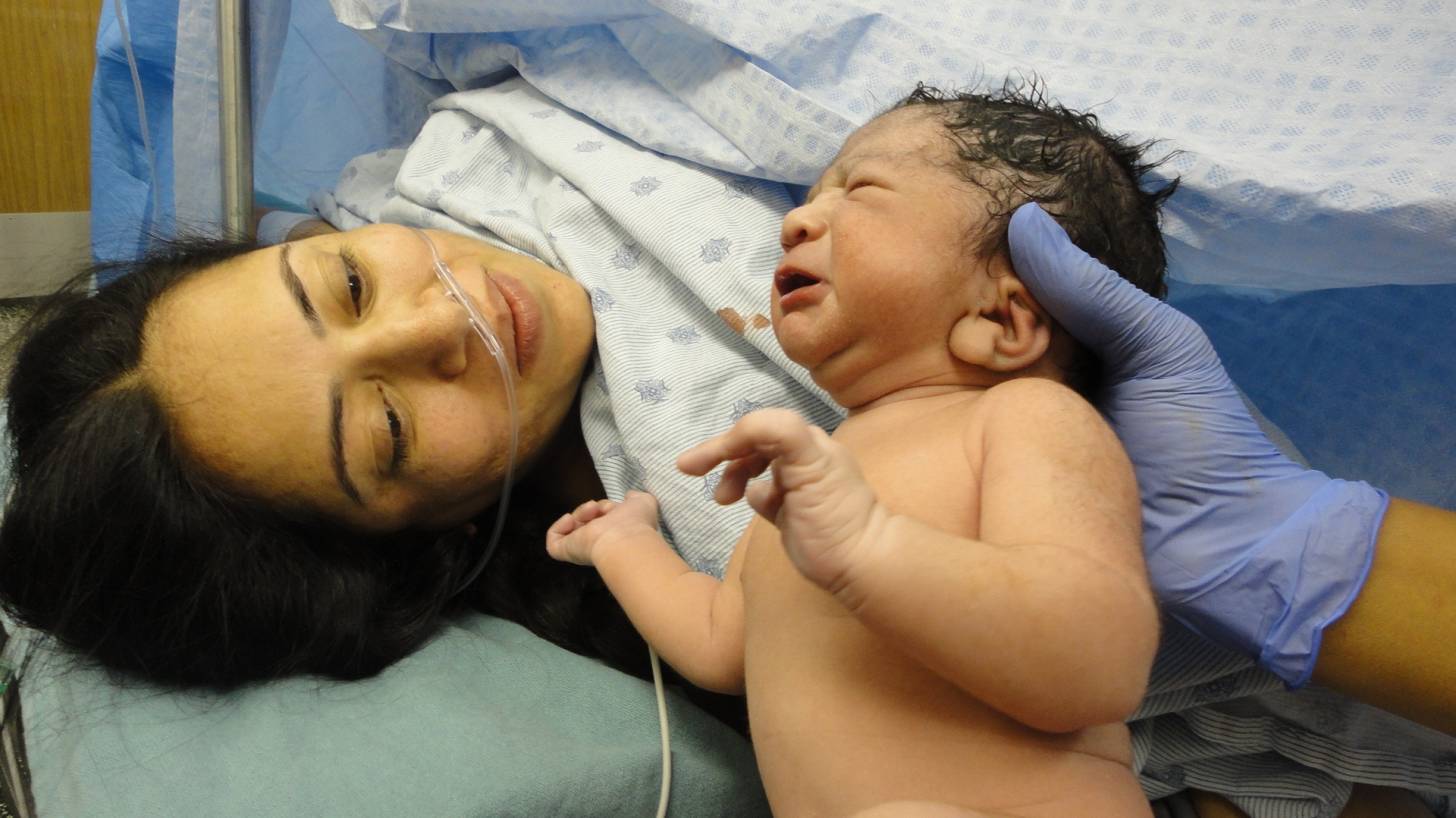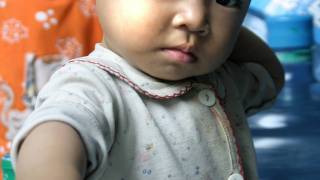Maternal Immunizations During Pregnancy Protects Both

Maternal immunization has been proven to be safe and is now widely recommended around the world.
To validate this recommendation, a new study published in The Lancet on July 26, 2019, investigates the effect of antenatal diphtheria-tetanus-acellular pertussis (dTpa) and trivalent inactivated influenza (TIV) immunization on specific and heterologous antibody responses to routine immunizations given in the first year of life.
The study’s results show that antenatal maternal dTpa immunization strongly influences infant antibody responses at both 7 and 13 months of age and is associated with both reduced specific and heterologous vaccine responses.
These researchers said ‘while maternal immunization protects the infant in the first few months of life, it might increase the risk of disease in older infants as a result of blunting of responses to both related (specific) and unrelated (heterologous) vaccines.’
‘Since the risk of hospitalization and death is less in older infants, this might be an acceptable trade-off.’
This study is good news since the Centers for Disease Control and Prevention (CDC) reported that during the 2017–18 influenza season, 49.1 percent of pregnant women received influenza vaccination before or during pregnancy, 54.4 percent of women with a live birth received Tdap during pregnancy, and 32.8 percent received both recommended vaccines.
This study reported vaccination strategies, such as additional booster doses in the 2nd year of life, particularly for pertussis and pneumococcus, should be considered.
To support these strategies, 4 studies comparing antibody concentrations 1-month after completion of primary immunizations between infants whose mother did or did not receive dTpa during pregnancy were reviewed in 459 women.
These studies reported higher GMCs (geometric mean concentrations of antibodies) for tetanus and Hib in infants with maternal dTpa immunization during pregnancy.
But lower GMCs for diphtheria, pertussis, HepB, and polio.
Additionally, 2 other studies reported higher GMCs for tetanus and Hib, and lower GMCs for diphtheria and pertussis, in infants whose mother received a pertussis-containing vaccine during pregnancy compared with those whose mother received a tetanus-containing vaccine (TCV) only.
Our findings in relation to the persistence of antibodies before a booster-dose are also consistent with 2 previous studies.
Additionally, 1 larger study found higher GMCs for tetanus and Hib, and lower GMCs for pertussis, in infants whose mother received a pertussis-containing vaccine during pregnancy, compared with those whose mother received only a TCV vaccination.
In this study, the lowest seroprotection rates were observed for pertussis and pneumococcus.
For pertussis, the main aim is to protect infants during the highest risk period occurring during the first few months of life and hence, the shift of the disease to a later period, as a result of maternal pertussis immunization, might be an acceptable trade-off.
However, the low seroprotection rates against pneumococcus at the age of 13 months are a concern, as this is a vulnerable age group for invasive pneumococcal disease.
Priming also occurs in infants after maternal vaccination.
As most vaccines induce very high antibody responses, small differences in antibody concentrations may not be of clinical significance in terms of protective efficacy or may only impact the duration of protection.
However, seroprotection rates are defined as correlates of clinical significance.
Therefore, the differences in seroprotection rates found in our study might influence clinical outcomes.
Nevertheless, protection induced by vaccines may not relate only to antibody concentration, but also to the quality of antibodies and cellular and cytokine responses.
Of note, new vaccines that interfere less with maternal antibodies are in development.
Tdap vaccine news
- DTaP Vaccination Effectiveness Wanes With Time
- Who Needs Repeat Tetanus Vaccinations?
- 2019 Vaccination Schedules Updated by CDC
The strengths of this study include the low variation in background characteristics between groups, the detailed demographic and clinical data available from participants allowing for adjustment for potential confounding factors, the homogeneity in the vaccines given and the broad range of antibodies measured.
The study’s limitations include the non-random allocation of maternal immunizations during pregnancy, the fact that maternal vaccines were given at different time points during pregnancy, that not all infants had an antibody response measured exactly 4 weeks after immunization and that not all infants had received their 12-month immunization by the time blood samples were taken at 13 months.
This means a smaller number of participants were available for assessment of responses to the 12-month vaccines, and that the number of infants included at both time points was too low to allow longitudinal analysis.
In conclusion, these researchers say ‘vaccinating pregnant women with influenza and Tdap vaccines can reduce the risk for influenza and pertussis for themselves and their infants.’
This work was supported by the Australian National Health and Medical Research Council (NHMRC) (grants GNT1051228 and GNT1099680), The University of Melbourne (International Research Scholarship to PZ), and the European Society for Paediatric Infectious Disease (ESPID) (Fellowship to PZ). KP is supported by a Melbourne Children's Clinician–Scientist Fellowship.
No conflicts of interest were disclosed.
Most pharmacies in the USA offer various vaccines. Financial support programs can be found at Vaccine Discounts.
Related vaccines
Vaccines can cause side effects, which should be reported to a healthcare provider or the CDC.
Our Trust Standards: Medical Advisory Committee
- The Effect of Maternal Immunisation During Pregnancy on Infant Vaccine Responses
- CDC:Influenza and Tdap Vaccination Coverage Among Pregnant Women — United States, April 2018
- Vaccine responses in newborns
- Effectiveness of Vaccination During Pregnancy to Prevent Infant Pertussis
- Neonatal Immunization: Rationale, Current State, and Future Prospects

























